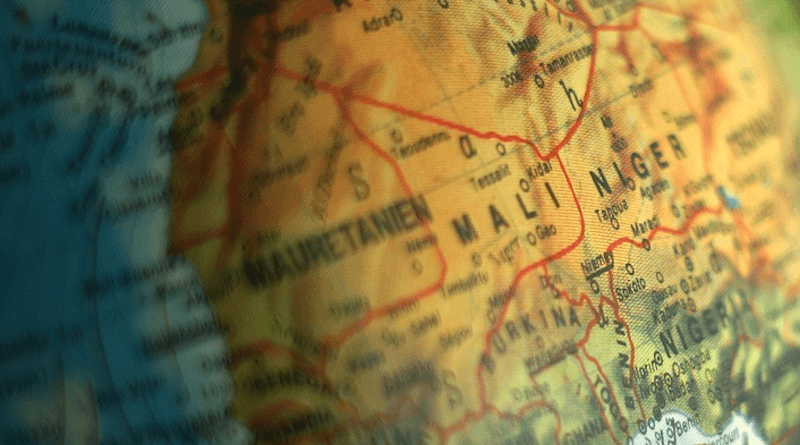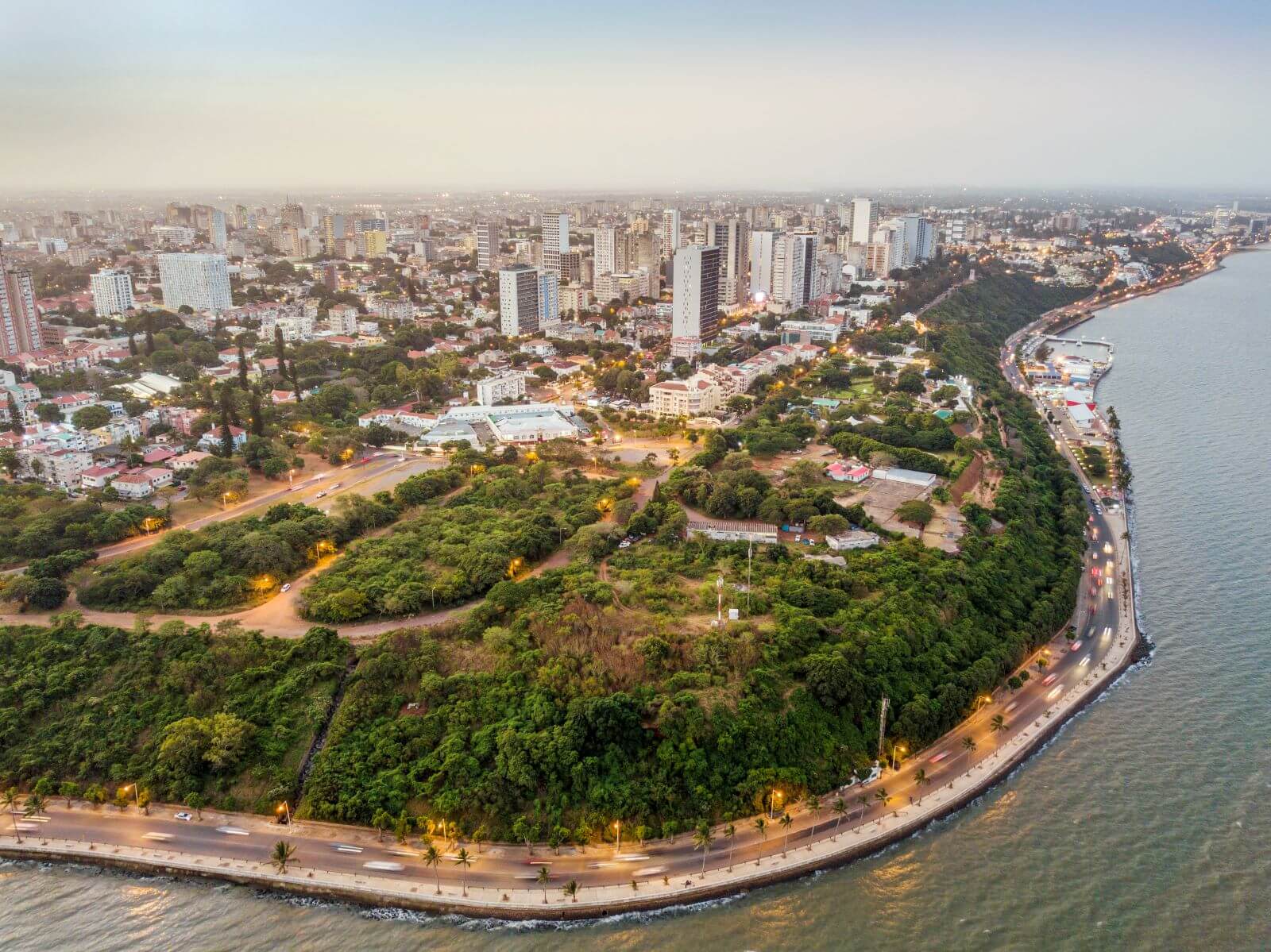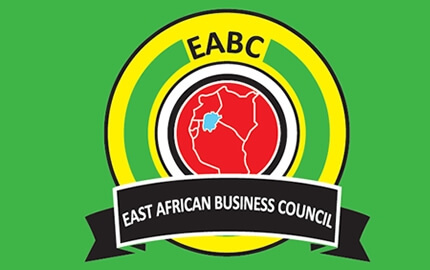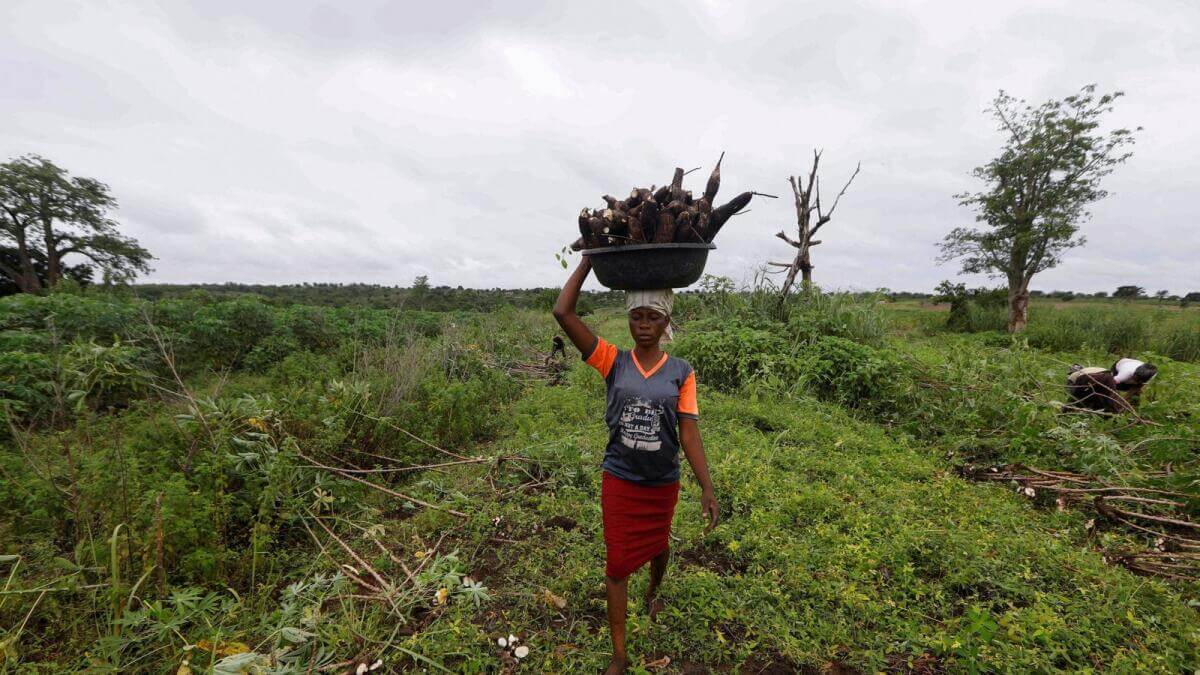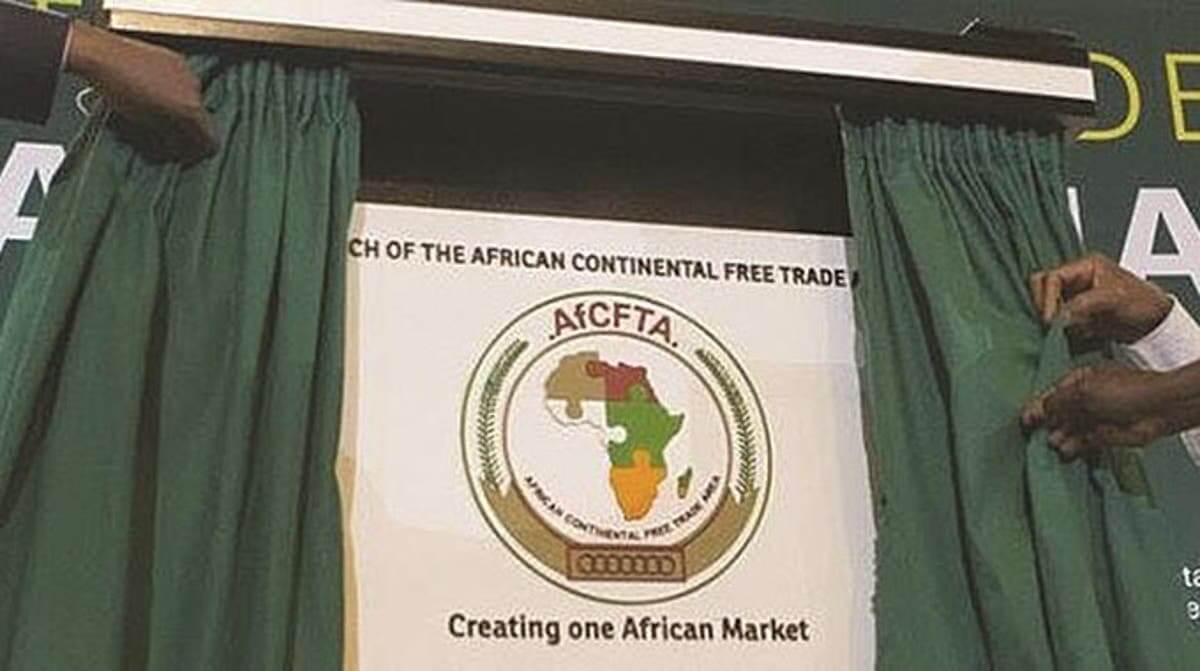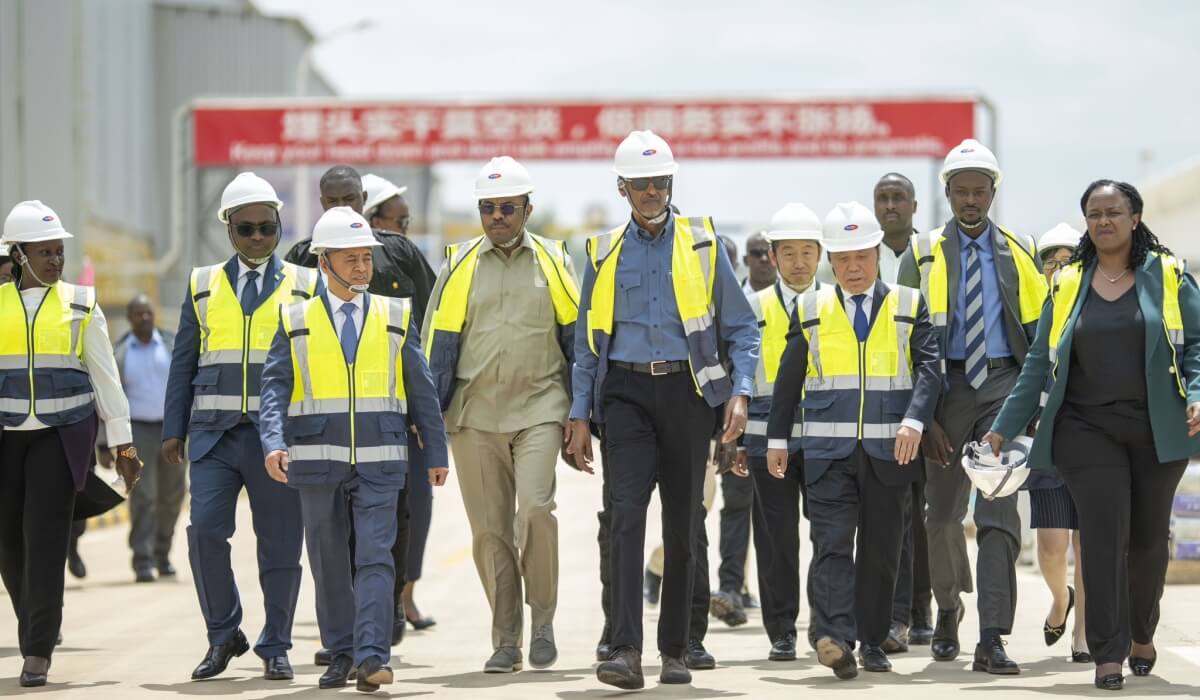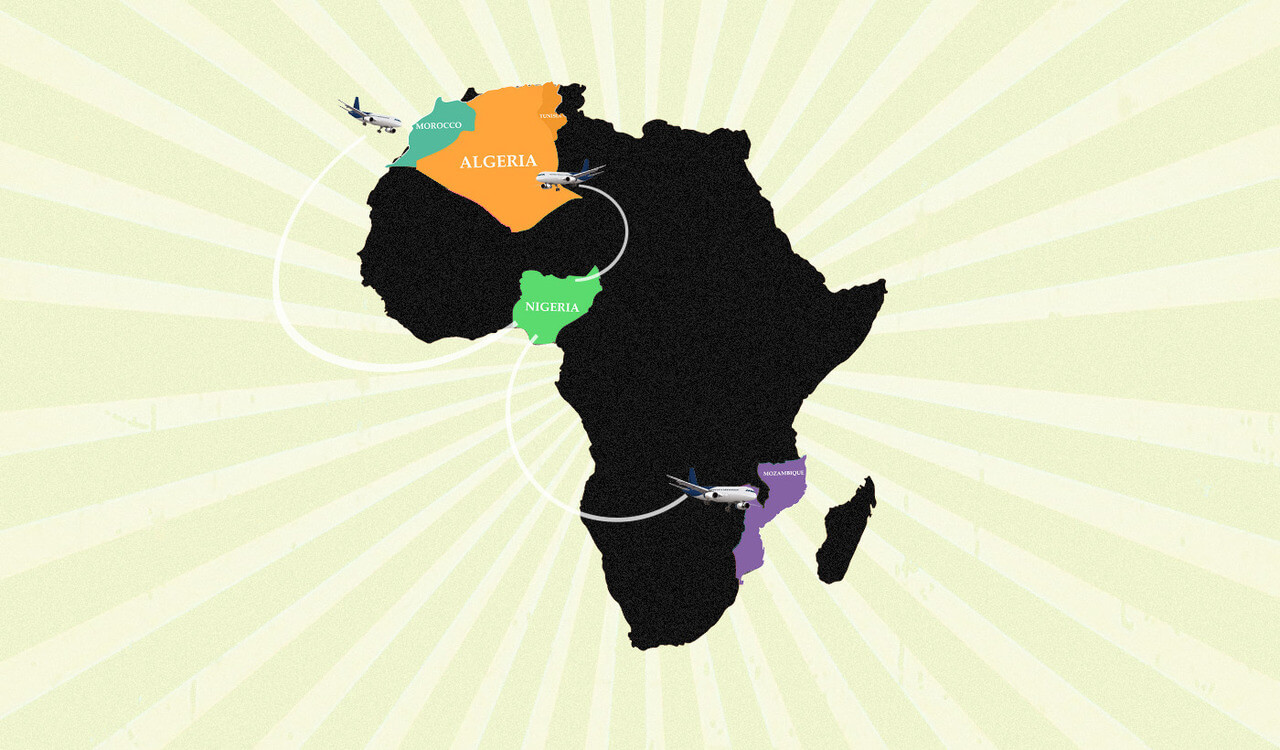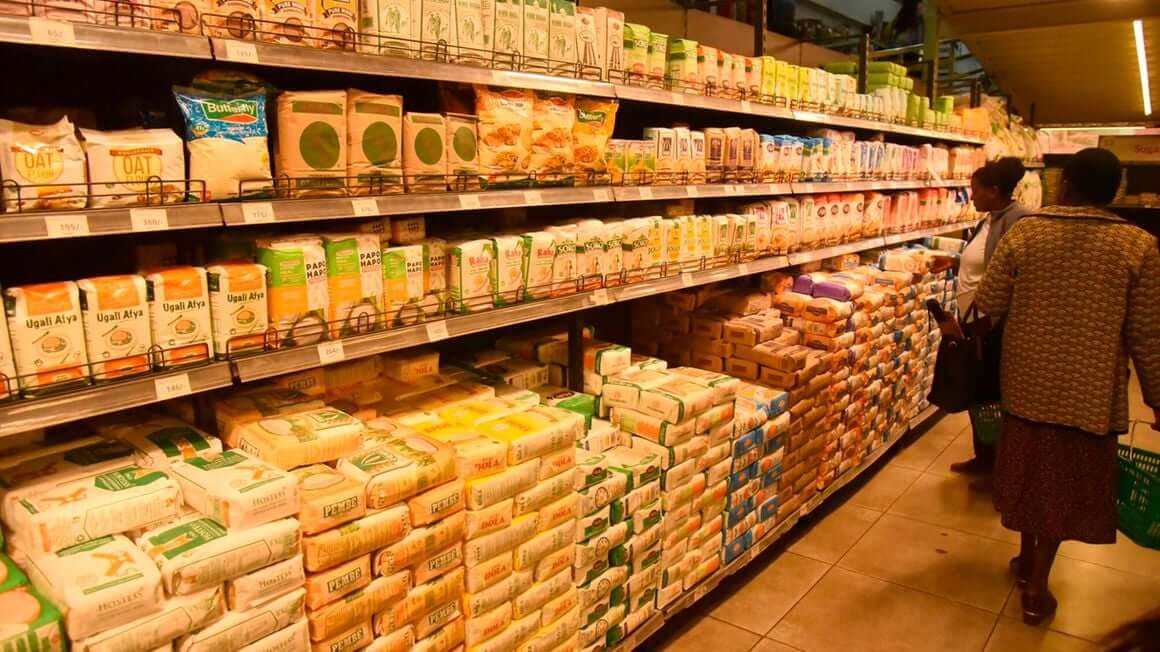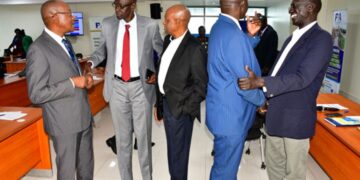As part of efforts to build a more resilient regional economy largely depends on several factors. What specifically is under discussion here is the Economic Community of West African States (ECOWAS), and the strategic mechanism through which the region’s economy can be raised up to standard, taking cognizance of the fast growing population and its associated demand for employment and ensuring food security as well as sustaining certain level of appreciable living standards. Understanding explicitly the enormous untapped resources, both natural and human, is very essential and indivisible interconnected to the West African region’s development. As we know, there are 16 member states constituting the regional bloc, ECOWAS. As mid-July 2023, the World Population Review and the World Atlas, both estimated population 439 million. More than half of the population is under the age of 25. In fact, Africa’s population is exceptionally young compared to other world regions that have been aging at a fast rate, and demographers indicated that the region’s population will experience either steady or rapid growth. For three decades, at least, in our faculty academic studies and research, part of the written research papers at conferences unpack lessons on the relationships between demographic growth and economic development in Africa. That is to say Africa’s demographic profile has played a key role in its development. Specifically for West Africa, governments have to capitalise on its demographic profile through policies, engage them with them in various sectors especially in food production sectors for two main reasons: to ensure...
Tracking West Africa’s Economic Potentials: Tackling The Challenges And Future Perspectives – Analysis
Posted on: August 11, 2023
Posted on: August 11, 2023

